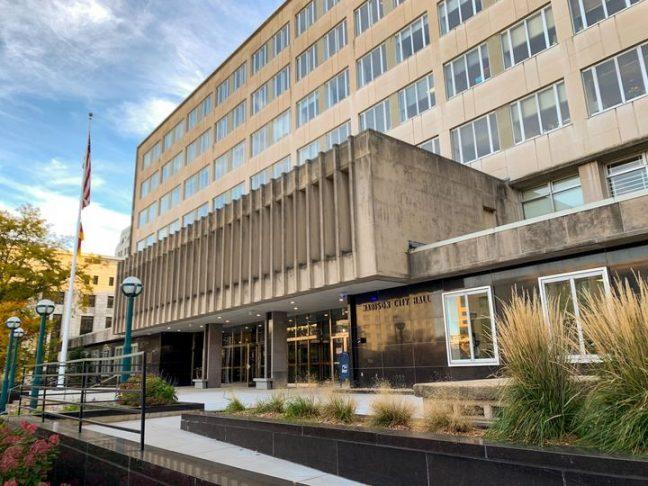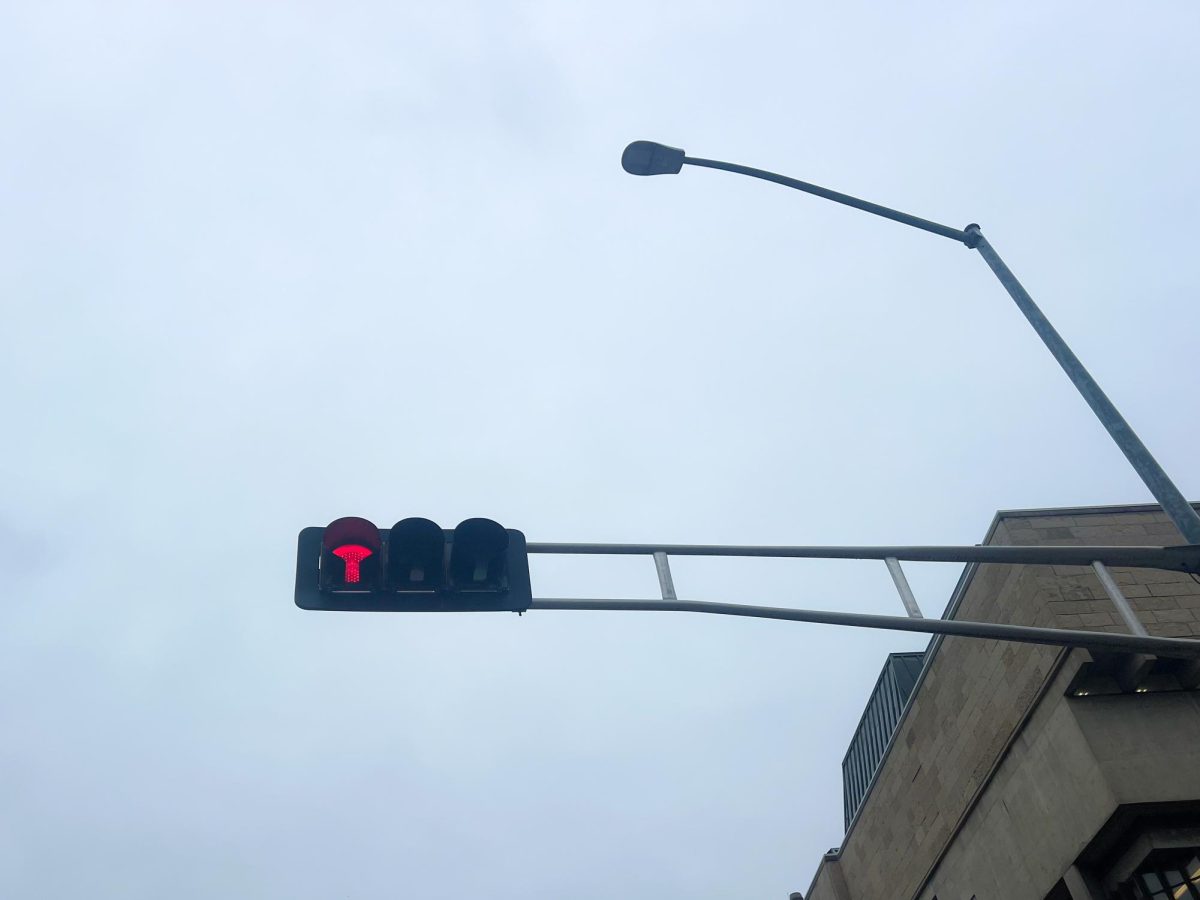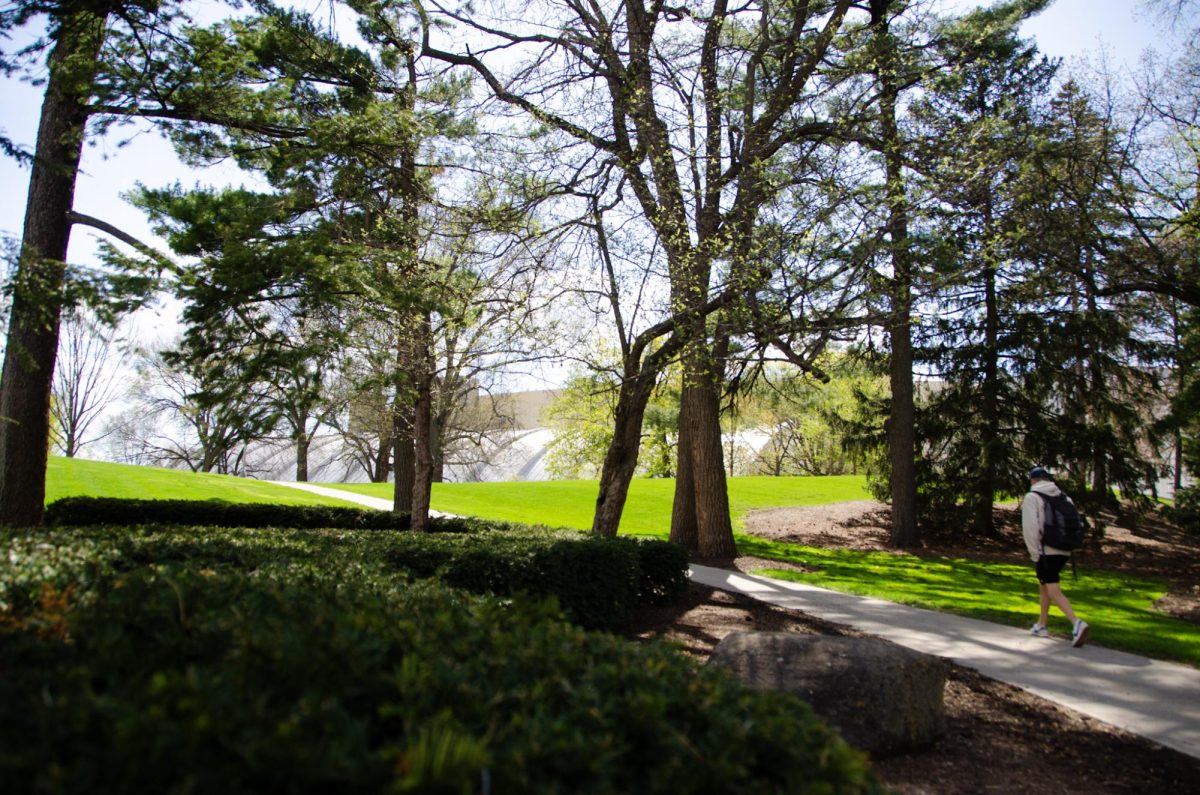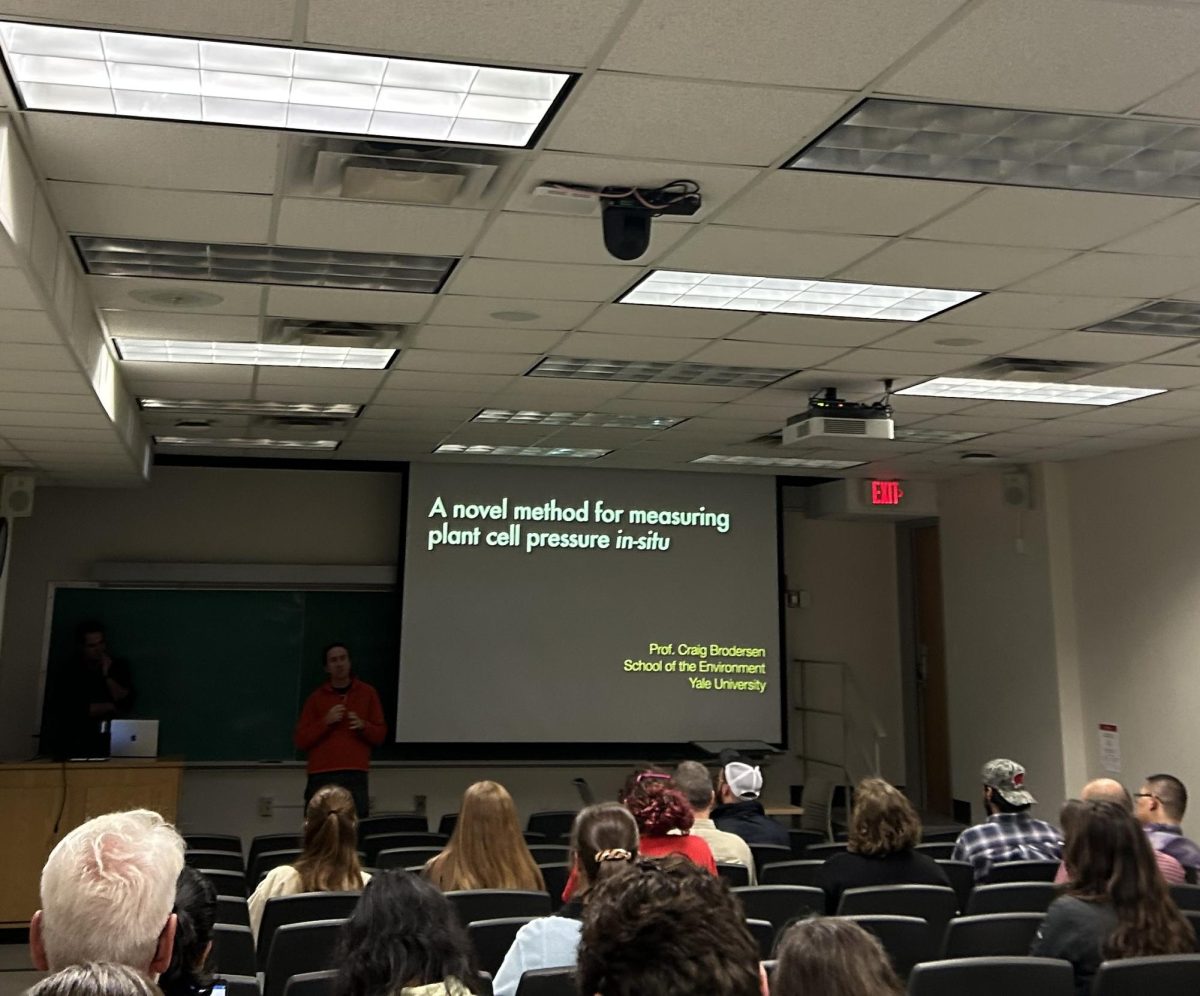Since Gov. Tony Evers’ Safer at Home order announced the mandatory closure of all nonessential businesses, the Public Health of Madison and Dane County and the Madison Police Department have been working to enforce these policies.
According to an article on the PHMDC website, members of the Madison community now have the ability to file a complaint to the PHMDC if they come across any business deemed nonessential that has remained in business despite the Safer at Home order.
The Safer at Home order, which was officially effective as of March 25, outlined the basic qualifications for an essential business as well as the six-feet social distancing guidelines between people. All of these guidelines are mandatory for the entire state of Wisconsin.
Evers announces ‘safer at home’ order advising people to stay at home
The order stated that even though essential businesses are permitted to operate as usual, they must practice the social distancing guidelines and avoid meeting in person as much as possible. The order extended to large gatherings of people within Wisconsin.
“All public and private gatherings of any number of people that are not part of a single household or living unit are prohibited, except for the limited exceptions contained in the order,” the order read.
In Madison and Dane County, the PHMDC is in charge of inspecting health conditions, enforcing health rules and promoting healthy practices, according to their website. Their coronavirus page provides the area with updated statistics and resources regarding the ever-evolving situation.
The PHMDC published a specified list of types of essential and nonessential businesses, which the public can access freely through their website. The PHMDC encourages people to review their published list of essential businesses before filing a complaint. The document states that businesses deemed essential are encouraged to stay open, as long as they practice the six-feet social distancing order.
“All businesses that are permitted to remain open, including Essential Businesses and Operations, shall, to the greatest extent possible, use technology to avoid meeting in person, including virtual meetings, teleconference, and remote work (i.e., work from home),” the document says.
The document also notes that door-to-door solicitation by essential businesses is prohibited, no matter the purpose.
Union asks governor to classify grocery store employees as first responders
Among the lengthy list of “allowed,” or essential, businesses written in the document are services like construction companies, drug stores, electricity providers, gas stations and hospitals. Among the “not allowed,” or nonessential, businesses in the document are recreational services, such as bars, barbershops, fitness centers, movie theaters and playgrounds.
“Our experience has been that the vast majority of business owners are pleasant and overwhelmingly want to cooperate with the Safer at Home order,” said Bonnie Koenig, a supervisor for the PHMDC.
Koenig said the PHDMC has followed up on around 80 complaints so far concerning open, nonessential businesses, though this number might reflect businesses that closed sometime after the complaint was received.
Though the public is free to submit complaints, Koenig said many reports are based on a misunderstanding of the qualifications of essential business.
“Complaints from the public are always a mix,” Koenig said. “We encourage members of our community to review the PHMDC website for helpful information on what businesses are essential and to only report on what they personally observed before submitting a complaint.”
As the state and country adjust to the pandemic and its effects on the economy and the public, Koenig said that the list of essential businesses is ever-changing. Sometimes, businesses that seem nonessential based on original guidelines will modify to become essential, Koenig said.
Dane County books hotel rooms to ensure safe social distancing for homeless
One example Koenig gave of a business that recently became deemed essential is swimming pool maintenance. It was deemed essential to keep mosquitoes and other disease-carrying agents at bay, Koenig said.
“[The PHMDC will] allow services for maintenance, but public pools will remain closed and supply stores will remain closed,” Koenig said.
If any nonessential businesses continue to remain open after intervention, Koenig said that the PHMDC will consult with attorneys and law enforcement to gain compliance from the business. But MPD Public Information Officer Joel DeSpain said the police department has also gained voluntary compliance from all businesses contacted, meaning those businesses were willing to shut down without further legal intervention.
DeSpain said that MPD has been responding to these business complaints, as well as reports of other social gatherings, such as house parties.
“Our officers are not out proactively looking for community members who might be in violation,” DeSpain said. “Our mission, thus far, has been one of education and public safety, not issuing citations.”













